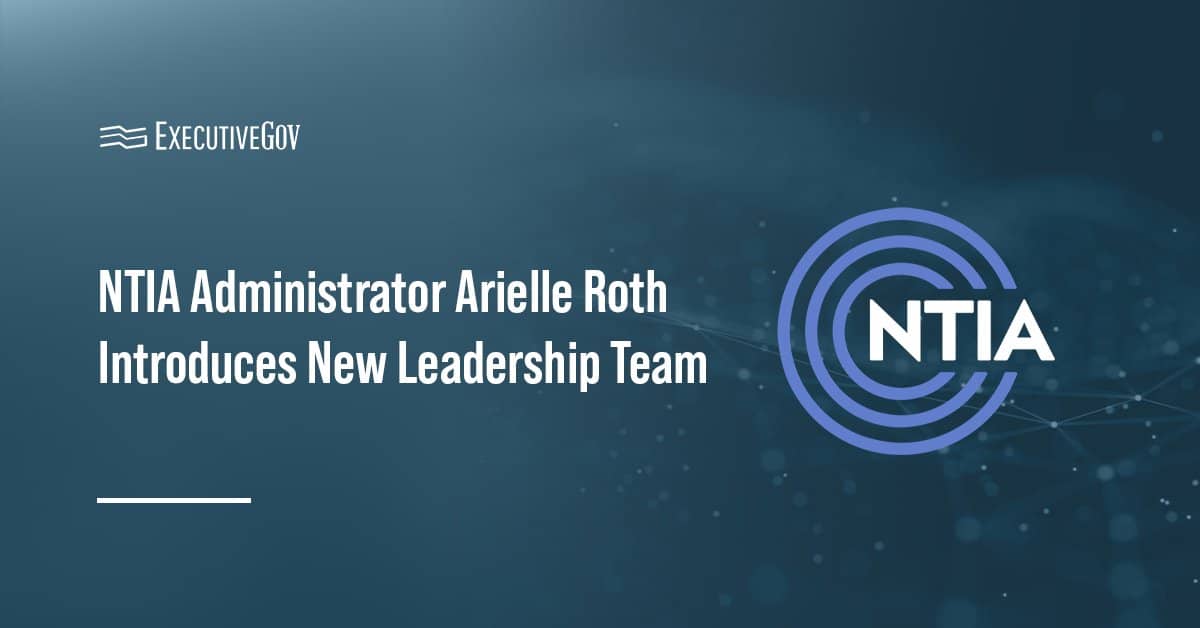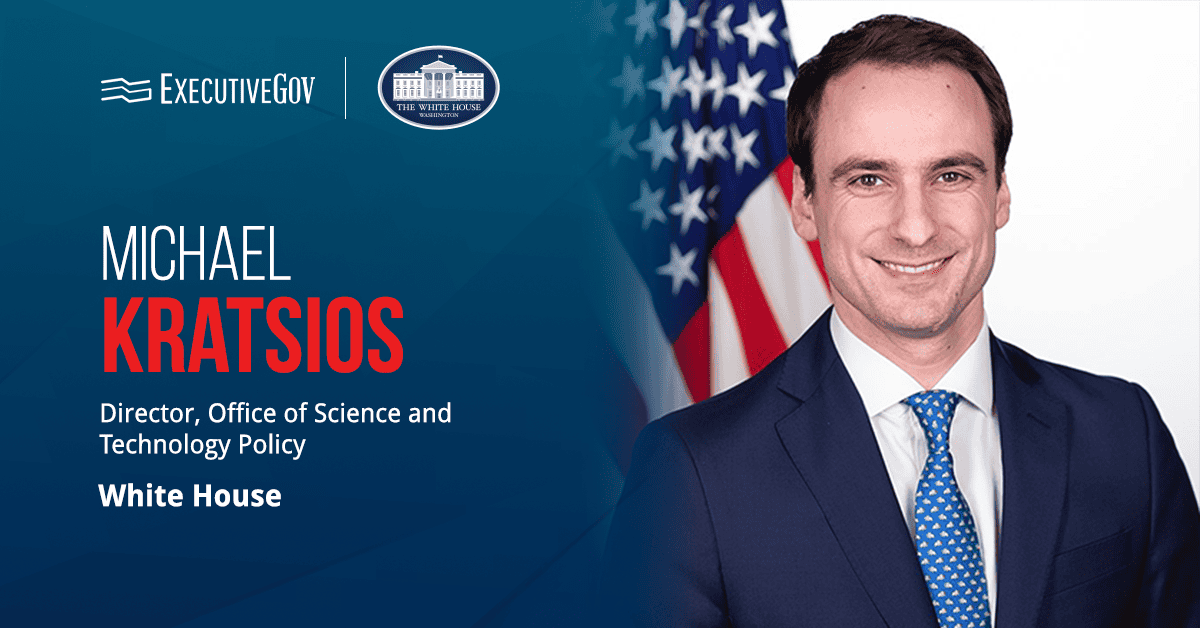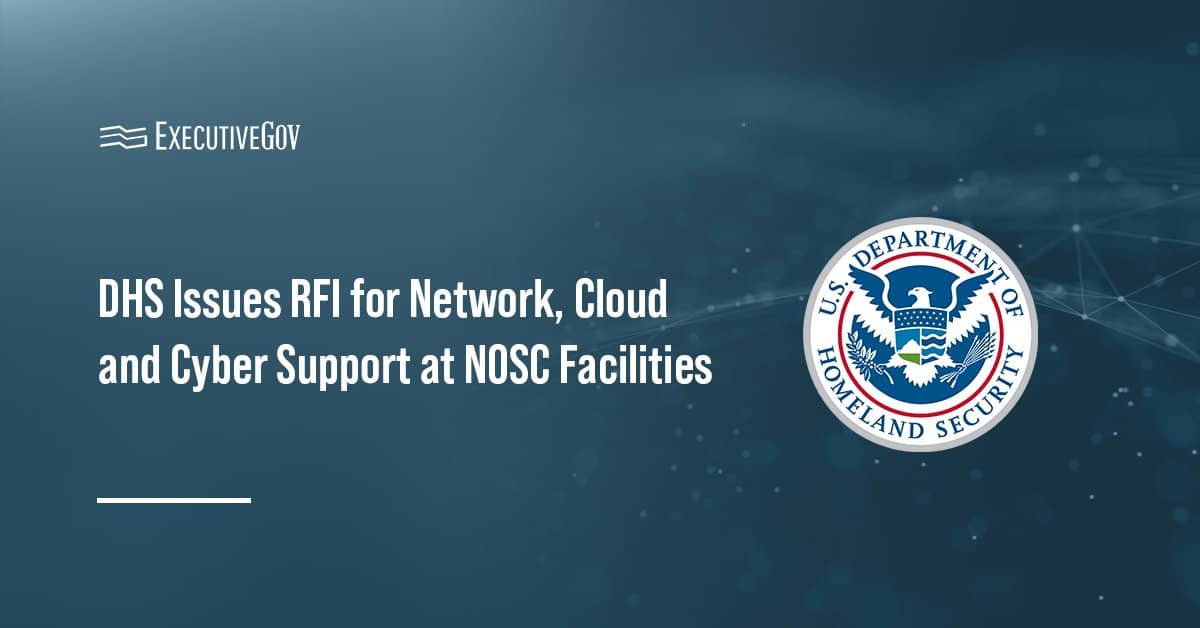 The U.S. Army and the U.S. Marine Corps have partnered to develop unmanned aircraft systems with the use of three-dimensional printing technology.
The U.S. Army and the U.S. Marine Corps have partnered to develop unmanned aircraft systems with the use of three-dimensional printing technology.Eric Spero of the Army Research Laboratory’s vehicle technology directorate leads a team pursuing the UAS development project at Fort Benning in Georgia, the service branch said Friday.
ARL researchers and Marines work to create an application suite designed to help military personnel to 3D-print UAS technology within 24 hours as needed.
The project is based on an idea that Spero and his team had several years ago during a collaboration project with Georgia Tech.
The Army then approached USMC to collaborate on the production of a software catalog meant to help Marines select and print the type of UAS needed for a specific mission.
Spero’s team unveiled the project during the Army Expeditionary Warrior Experiment last year.
https://youtu.be/0erL9bTHvi4





